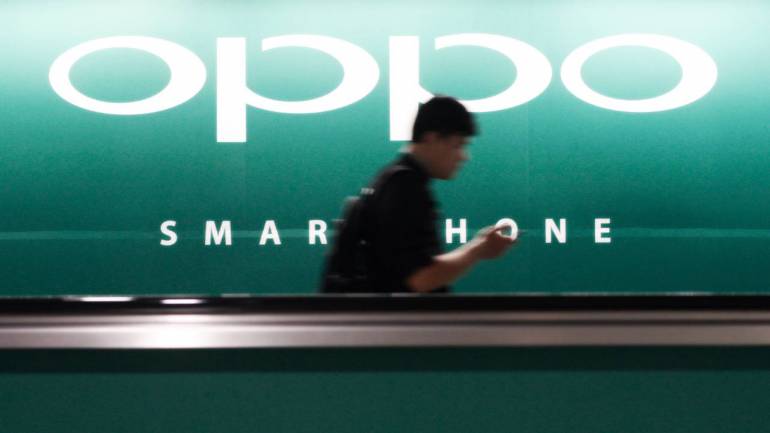NEW DELHI: Smartphone maker Oppo on Thursday said it has received permission from the government to resume production, with 30 per cent capacity, at its Greater Noida facility.
The company has also started sales of mobile phones through Amazon, Flipkart and retail stores in permitted areas.
“In line with the directive issued by the authorities, Oppo would be operating with 30 per cent of its capacity, with around 3,000 employees working in rotation of its total over 10,000 workforce, starting May 8, 2020,” it said in a statement
As the business gets back to usual in due course of time, the production will be enhanced to full capacity, it added.
The company’s operations were suspended after the government announced the nationwide lockdown in March to contain the spread of coronavirus.
At present, Oppo manufactures all products that it sells in India at its Greater Noida factory.
The government had initially allowed manufacturing of IT hardware companies without permitting sale of their products in the country.
However, the relaxation given to companies post May 3 allows them to sell their products in orange and green zones which are based on intensity of COVID-19 cases in an area.
Oppo said that it has initiated sales of its devices in orange and green zones.
22 per cent of Oppo retail stores are operational in the permitted zones, with around 17 per cent staff present on-ground, the statement said.
Oppo has also initiated intelligent and safe services for consumers, which include placing orders of Oppo smartphones through WhatsApp and SMS, contactless home delivery and after-sales services,” the statement said.
“Keeping the safety of its employees and consumers at the forefront, a host of stringent measures have been put in place to practice hygiene and social distancing, both at its manufacturing facility and retail outlets,” Oppo said.
According to market research firm IDC, Oppo was ranked fourth in terms of smartphone sales volume with a market share of 10.7 per cent in India in 2019. (AGENCIES)


